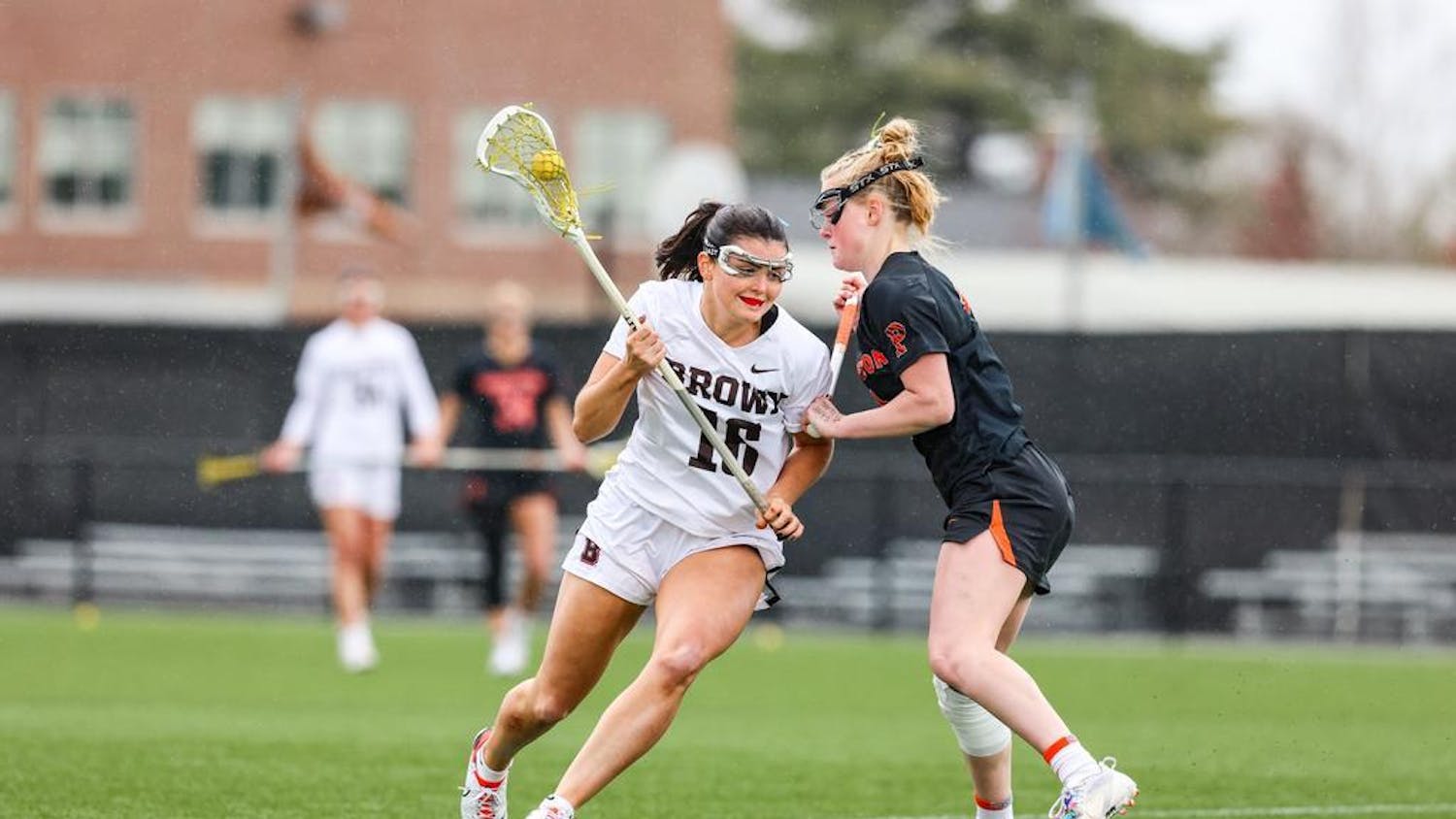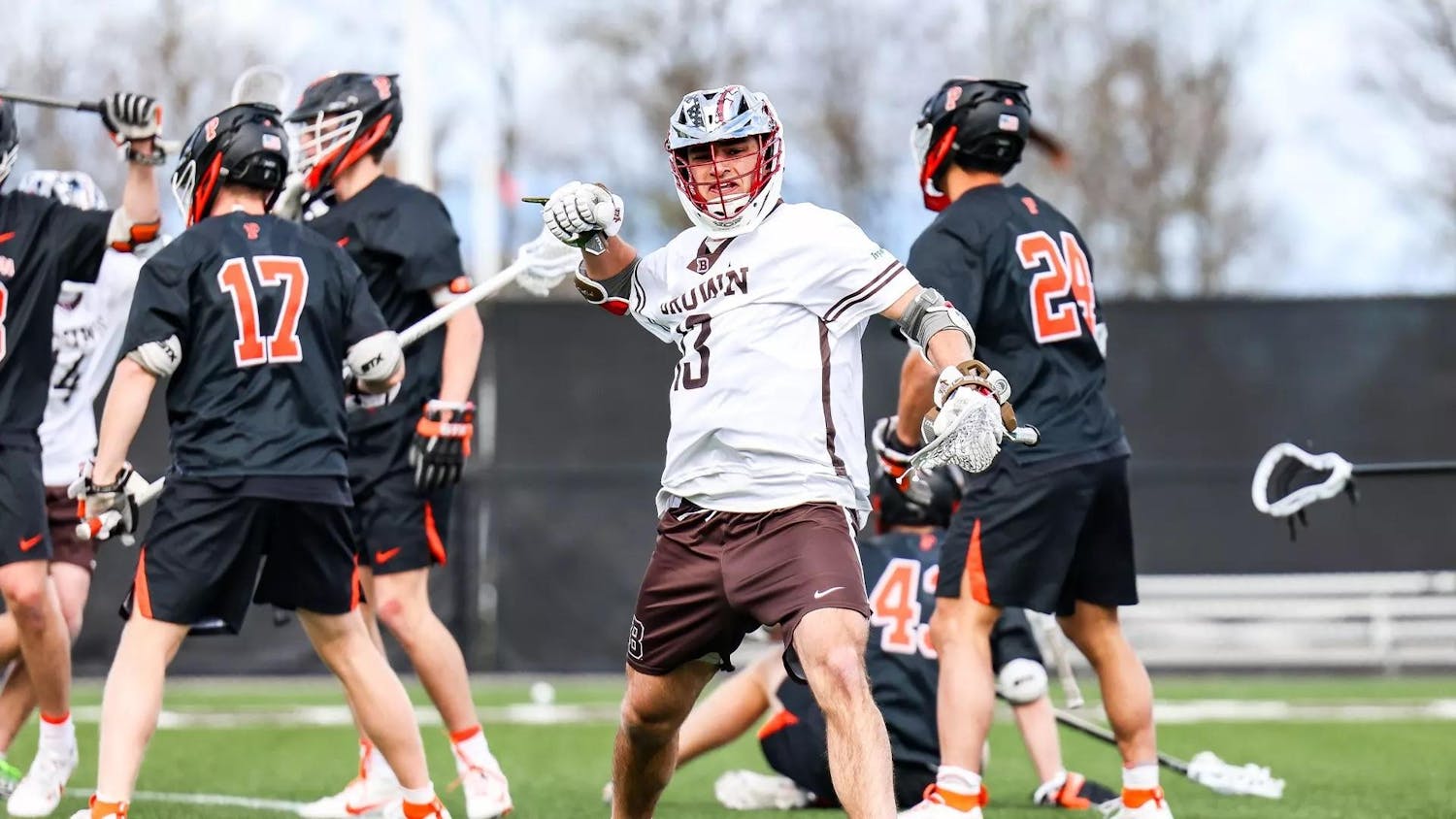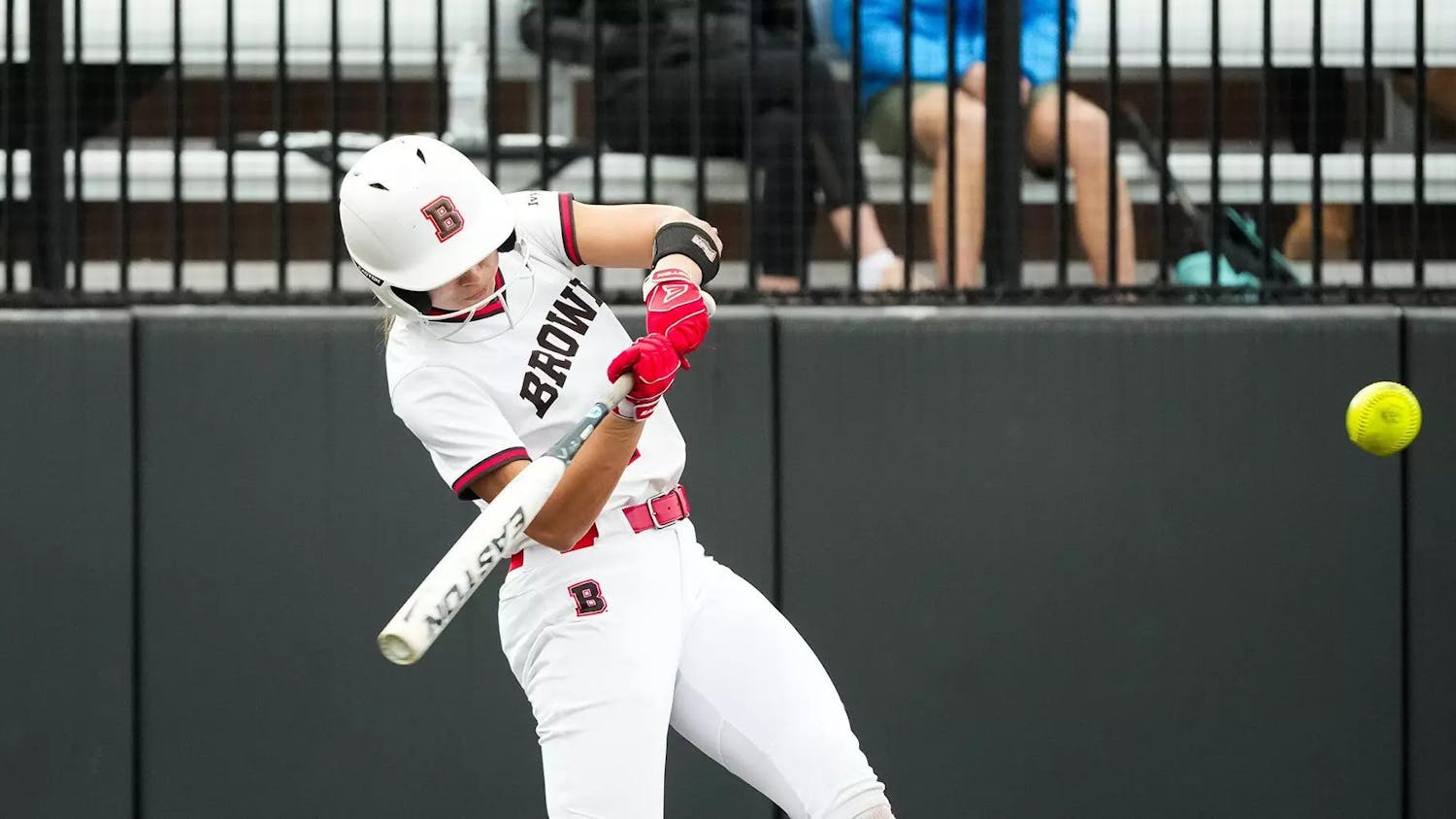It’s fourth down with under a minute to play in the 2014 NFC Championship. The San Francisco 49ers are knocking at the door of the Seattle Seahawks’ end zone, and they have one last chance to erase a 23-17 Seahawks lead. Colin Kaepernick drops back and unfurls a looping pass to the corner of the endzone. But before the ball can land in the hands of intended receiver Michael Crabtree, Richard Sherman breaks up the pass and tips it into the hands of a teammate. “The Tip,” as it came to be known in the archives of Seattle sports history, arrived at the zenith of a long-escalating rivalry and mutual disdain between the two NFC West foes. Impassioned and with a microphone stuck into his face after having executed the most important play of his career, Sherman spouted an angry sound bite that any Seattle sports fan can recognize: “Well I’m the best corner in the game. When you try me with a sorry receiver like Crabtree, that’s the result you’re going to get. Don’t you ever talk about me.”
Next season, Sherman will don the jersey of the 49ers — the very team whose Super Bowl hopes he dashed fewer than four years ago. And that’s a good thing.
It’s good because he is making more money than the Seahawks were likely willing to give him, and it’s good because loyalty does not and should not matter in a profit-motivated and success-driven league where players are becoming increasingly expendable.
Sherman’s decision to sign with his former team’s most hated rival was met with disappointment and anger from many Seahawks fans. Such is often the case when free agency gives players the ability to choose with which team to sign. It is a time when the conflicting motivations of fans and athletes clash, and when fans are made acutely aware of their delusion — that the connection they feel with a team is also felt by those who play for it. During this period, accusations of disloyalty and betrayal are leveled at athletes who switch teams in order to earn more.
And just a few days into NFL free agency, situations similar to Sherman’s are occurring around the league.
The three main actors in sports — fans, players and management — are all driven by different motivations. To fans, loyalty is paramount; they are often supporters for life, and there is little more axiomatic than their fandom. Management is motivated by winning games and making money. The decision-makers of the most respected organizations in the league often disregard loyalty in the strategic interest of the team. Bill Belichick and Pete Carroll, for example, seem to have no problem trading or cutting superstars if they think it will make their team better. These decisions are often motivated by a “next man up” mentality, which depersonalizes athletes and makes their efforts expendable.
But athletes are driven by an entirely different motivation. Sure, many NFL players are motivated by the glory of winning a Super Bowl, but their primary motivation will almost always be money.
The greatest imbalance between the motives of these three groups is that fans and managers are primarily concerned with the success of the team, while athletes are concerned with their financial well-being, as they know that their athletic abilities are ephemeral. The foundation of an athlete’s livelihood is a fleeting period of supreme physical condition — one that can be taken away by a damaging hit to their head or a turn of their knee. This profitable period needs to be seized, especially in football, where the average player’s career lasts only 3.3 years. In addition, the restrictive policies of the NCAA add to the situation as the culmination of an athlete’s life-long effort can only be monetized as a professional for a brief period of time. Compensation for 3.3 years of work is certainly not enough to sustain a lifetime.
So what are athletes to prioritize? Are they to buy into the fans’ notions of loyalty and remain with a team that pays them less? Or are they to lobby for themselves and take advantage of the maximum wage they can earn for their work?
To me, the choice is clear. It stands to reason that if a coach or general manager is not going to be loyal to a player, a player should not be loyal to them – no matter what the fans say. In a system that is built on the commodification and expendability of an athlete in order to benefit the well-being of the team as a whole, where management will not blink an eye before releasing a still-productive player rather than continuing to pay him, athletes have no choice but to advocate for themselves and make the most money they can.
Cal Barash-David ’19 can be reached at callan_barash-david@brown.edu. Please send responses to this opinion to letters@browndailyherald.com and op-eds to opinions@browndailyherald.com.




